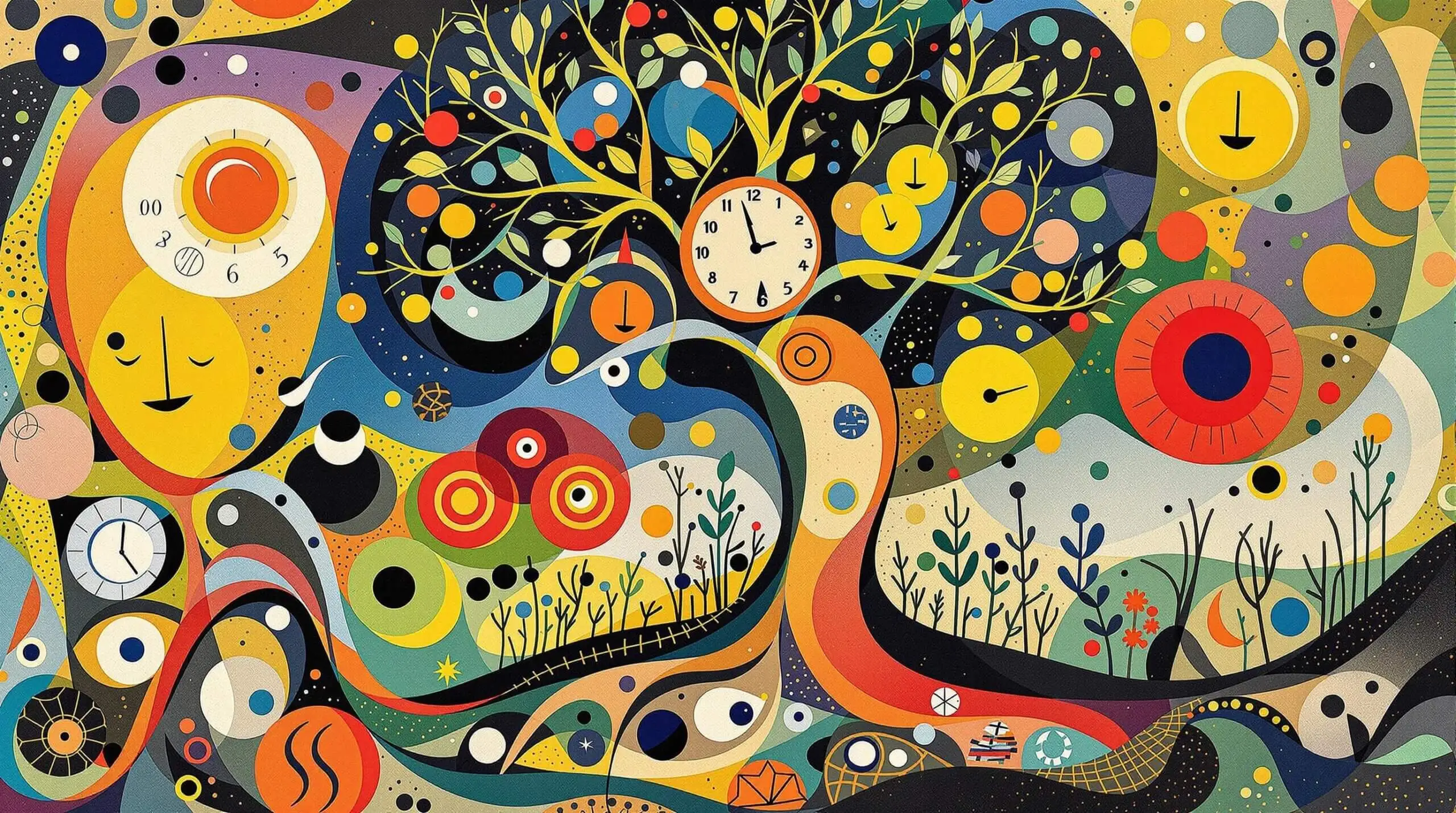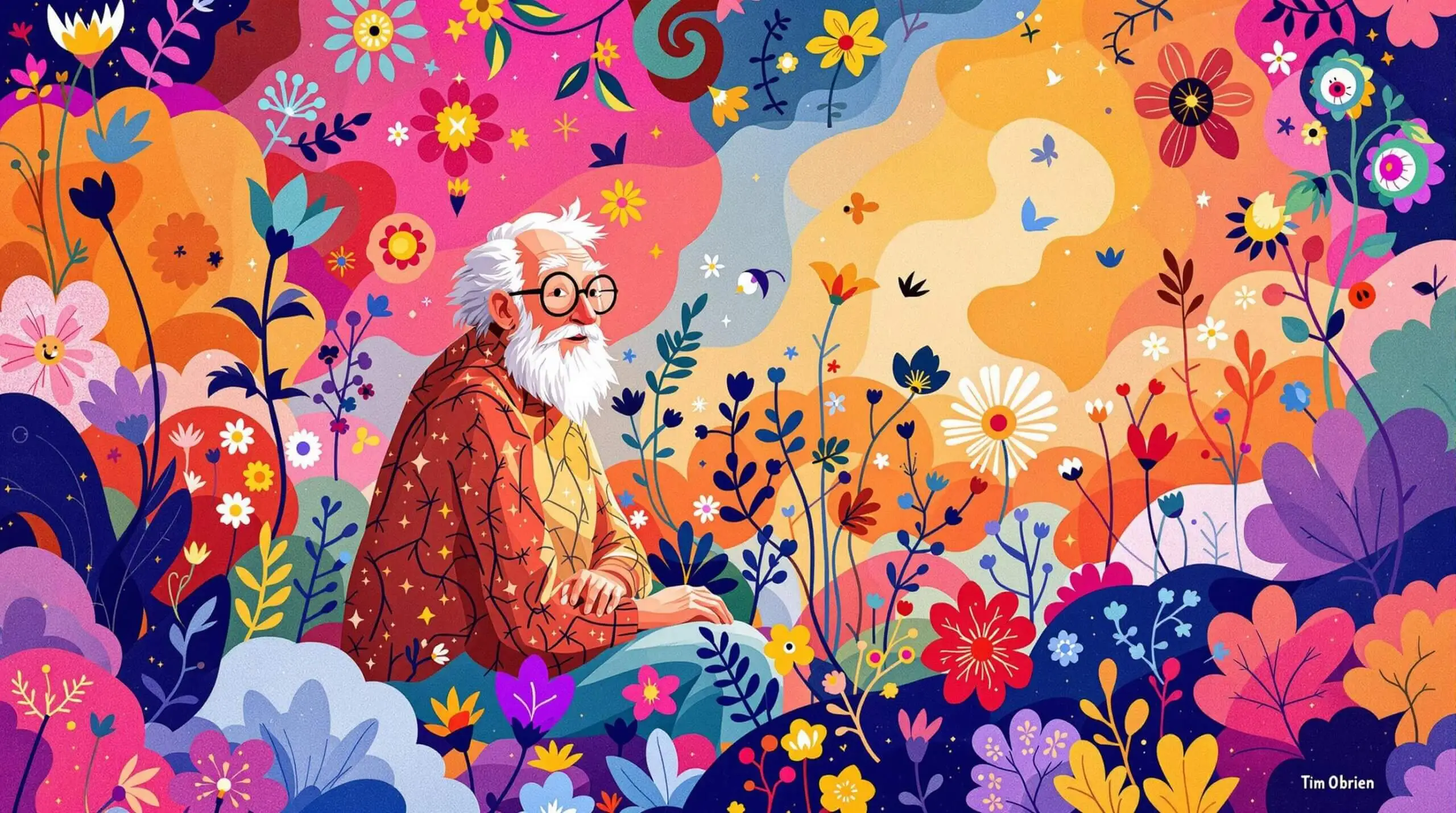Longevity Quotes: Wisdom to Inspire a Century
Explore timeless wisdom through quotes that inspire a century of life and longevity.

The Power of Wisdom: Ancient and Modern Perspectives on Long Life
Understanding Longevity Through the Ages
Humans have always yearned to understand the secrets of a long life. From ancient philosophers to modern scientists, countless minds have shared their insights on living well and living long. These pearls of wisdom often reveal surprising commonalities across cultures and centuries.
Historical Perspectives on Long Life
Ancient civilizations linked longevity with virtue and wisdom. Confucius said, “By three methods we may learn wisdom: by reflection, by imitation, and by experience.” This holistic view of living well remains relevant today, as research shows that mental stimulation and social connections significantly impact lifespan.
Modern Scientific Understanding
Contemporary science has validated many traditional views on longevity. The Blue Zones research, studying areas with the highest concentration of centenarians, shows that lifestyle choices, community connections, and purpose in life are crucial factors. As Maya Angelou noted, “Life is not measured by the number of breaths we take, but by the moments that take our breath away.”

Inspirational Quotes on Living a Long Life
Ancient Wisdom
Ancient Greek philosopher Hippocrates offered timeless advice: “Let food be thy medicine, and medicine be thy food.” This fundamental principle aligns perfectly with modern nutritional science. Similarly, the Roman philosopher Seneca observed, “Life is long if you know how to use it” – highlighting the importance of purposeful living.
Contemporary Perspectives
Modern longevity researchers add their voices to this conversation. David Sinclair, a leading aging researcher, states: “Aging is a disease, and that disease is treatable.” Dan Buettner, who studied Blue Zones, shares: “The secret to longevity isn’t just living a long time, it’s living a long time while maintaining a high quality of life.
Scientific Insights and Quotable Research
Research-Backed Wisdom
Scientists studying longevity often express their findings in memorable ways. Dr. Valter Longo explains: “The body knows how to fix itself. It just needs the right tools.” This simple statement encapsulates complex research on fasting and cellular regeneration.
Statistical Support
Research provides compelling numbers. Studies show that maintaining strong social connections can increase longevity by up to 50%. Regular physical activity can add 4.5 years to life expectancy. These findings support Benjamin Franklin’s observation: “An ounce of prevention is worth a pound of cure.”
Practical Applications of Longevity Wisdom
Daily Habits and Routines
Implementing wisdom requires practical steps. Japanese centenarians practice “ikigai” – finding purpose in daily life. The Okinawan principle of “hara hachi bu” – eating until 80% full – has proven benefits for longevity. These practices show how ancient wisdom translates into actionable habits.
Mental and Emotional Well-being
Psychological resilience plays a crucial role in longevity. Viktor Frankl’s insight that “Life is never made unbearable by circumstances, but only by lack of meaning and purpose” highlights the importance of mental strength in living a long, fulfilling life.
Key Components of Longevity Wisdom
- Regular physical activity and movement
- Balanced, nutrient-rich diet
- Strong social connections
- Sense of purpose and meaning
- Stress management techniques
- Adequate sleep and rest
- Continuous learning and mental engagement
- Connection with nature
- Mindful eating practices
- Regular health monitoring
Modern Applications of Ancient Wisdom
Bridging Traditional and Contemporary Knowledge
Modern science often validates ancient wisdom. The Mediterranean diet, practiced for millennia, now shows clear scientific benefits for longevity. Traditional practices like meditation and yoga demonstrate measurable effects on cellular aging and telomere length.
Technology and Longevity
While embracing technology, we must remember Steve Jobs’ words: “Your time is limited, don’t waste it living someone else’s life.” Technology should enhance, not replace, fundamental principles of healthy living. Apps and devices can help track health metrics, but shouldn’t overshadow basic wisdom about rest, movement, and nutrition.
Wisdom for Different Life Stages
Youth and Early Adulthood
Young people benefit from establishing healthy habits early. As Anne Frank wrote, “How wonderful it is that nobody need wait a single moment before starting to improve the world.” Early investments in health yield compound benefits over time.
Middle Age and Beyond
Different life stages require adjusted approaches. George Bernard Shaw noted: “We don’t stop playing because we grow old; we grow old because we stop playing.” This emphasizes the importance of maintaining vitality and engagement throughout life.
Community and Social Aspects
The Role of Relationships
Blue Zones research shows that strong social ties significantly impact longevity. The Sardinian proverb “A kent’annos” (may you live to 100) reflects their community-focused approach to long life. Social connections prove as important as diet and exercise in promoting longevity.
Cultural Influences
Different cultures offer unique perspectives on aging. The Chinese respect for elderly wisdom, the Japanese concept of “ikigai,” and the Mediterranean emphasis on family meals all contribute to understanding longevity.
Practical Tips for Implementing Longevity Wisdom
- Start each day with purpose and intention
- Incorporate movement into daily routines
- Practice mindful eating habits
- Cultivate meaningful relationships
- Engage in continuous learning
- Maintain regular sleep patterns
- Find ways to serve others
- Practice gratitude daily
- Spend time in nature
- Regular health check-ups
Future Perspectives on Longevity
Emerging Research and Insights
New scientific discoveries continue to enhance our understanding of aging. Research into genetics, epigenetics, and cellular aging offers fresh perspectives while often validating traditional wisdom about lifestyle choices.
Sustainable Approaches
Long-term success requires sustainable practices. Jane Fonda’s observation that “It’s about being able to continue to be active and do what you love to do” emphasizes quality of life alongside longevity.
The wisdom of centuries, combined with modern scientific understanding, provides a rich tapestry of knowledge about living a long, healthy life. From ancient philosophers to contemporary researchers, the message remains consistent: longevity requires a holistic approach encompassing physical health, mental well-being, social connections, and purposeful living. By integrating these timeless insights with current scientific knowledge, we can work toward not just extending life, but enriching it throughout our years.